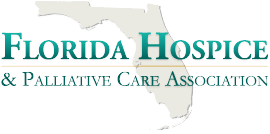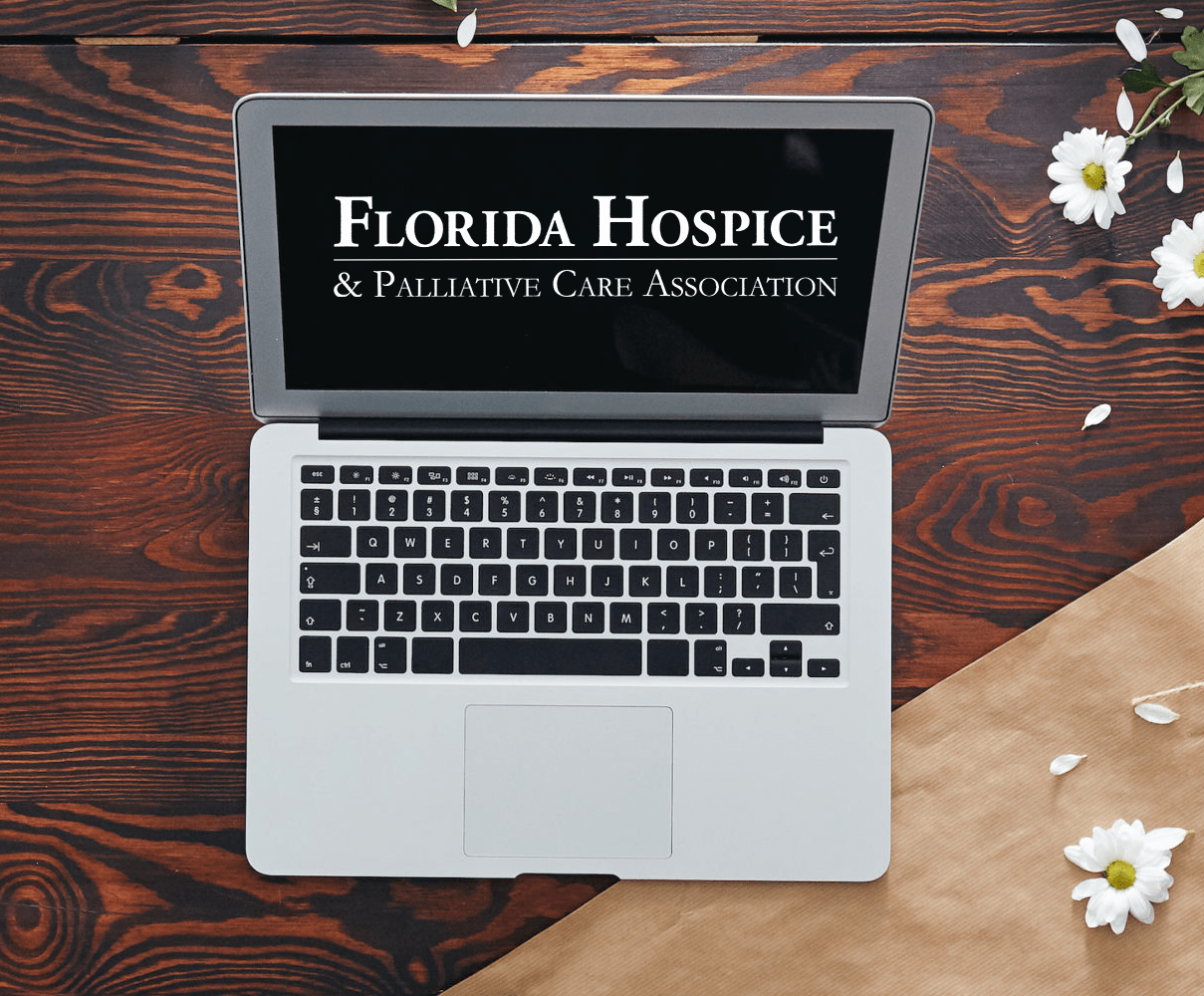Hospice Myths to Avoid
By Joyce Baldrica, President and CEO of the VNA of the Treasure Coast
and Nightingale Private Duty Nursing
Hospice care offers the services you want. What stands in the way of more people choosing hospice care, is limited awareness of what services it offers and how to find it. When making a decision about hospice care, it helps to have a good understanding of what hospice is, and what it isn’t. Here are some of the most common misconceptions about hospice, along with the true facts about this special kind of care.
Myth: Hospice is a place.
Fact: Hospice care usually takes place in the comfort of your home, but can be provided in any environment in which you live, including nursing homes, assisted living facilities, and hospitals.
Myth: Hospice means that the patient will soon die.
Fact: Receiving hospice care does not mean giving up hope or that death is imminent. The earlier an individual receives hospice care, the more opportunity there is to stabilize your medical condition and address other needs. Some patients actually improve and may be discharged from hospice care.
Myth: Hospice care starts a few days before death.
Fact: Hospice is not just for the last few days or weeks of life. The benefit is designed to provide care for six months, or longer. For most people, it is a relief to find that there is another source of help and support. Hospice care, at any stage of illness, bur particularly early on, can significantly lighten the burden for both the patient and family.
Myth: Families have to pay for hospice care.
Fact: Hospice care is a Medicare benefit. Most private insurers also cover hospice care as well. Some Hospices have a charity program, which helps to care for all patients, regardless of an individual’s ability to pay.
Myth: Hospice is only for cancer patients.
Fact: A large number of hospice patients have congestive heart failure, dementia, chronic lung disease, or other conditions.
Myth: Patients can only receive hospice care for a limited amount of time.
Fact: The Medicare benefit, and most private insurance, pays for hospice care as long as the patient continues to meets the criteria necessary. Patients may come on and off hospice care, and re-enroll in hospice care, as needed.
Myth: Hospice is just for the patient.
Fact: Hospice focuses on comfort, dignity, and emotional support. The quality of life for the patient, but also family members and others who are caregivers, is the highest priority.
VNA provides compassionate, innovative care of the highest quality, setting the standard for patients and caregivers needing home health, hospice, and community health services.
www.vnatc.com




